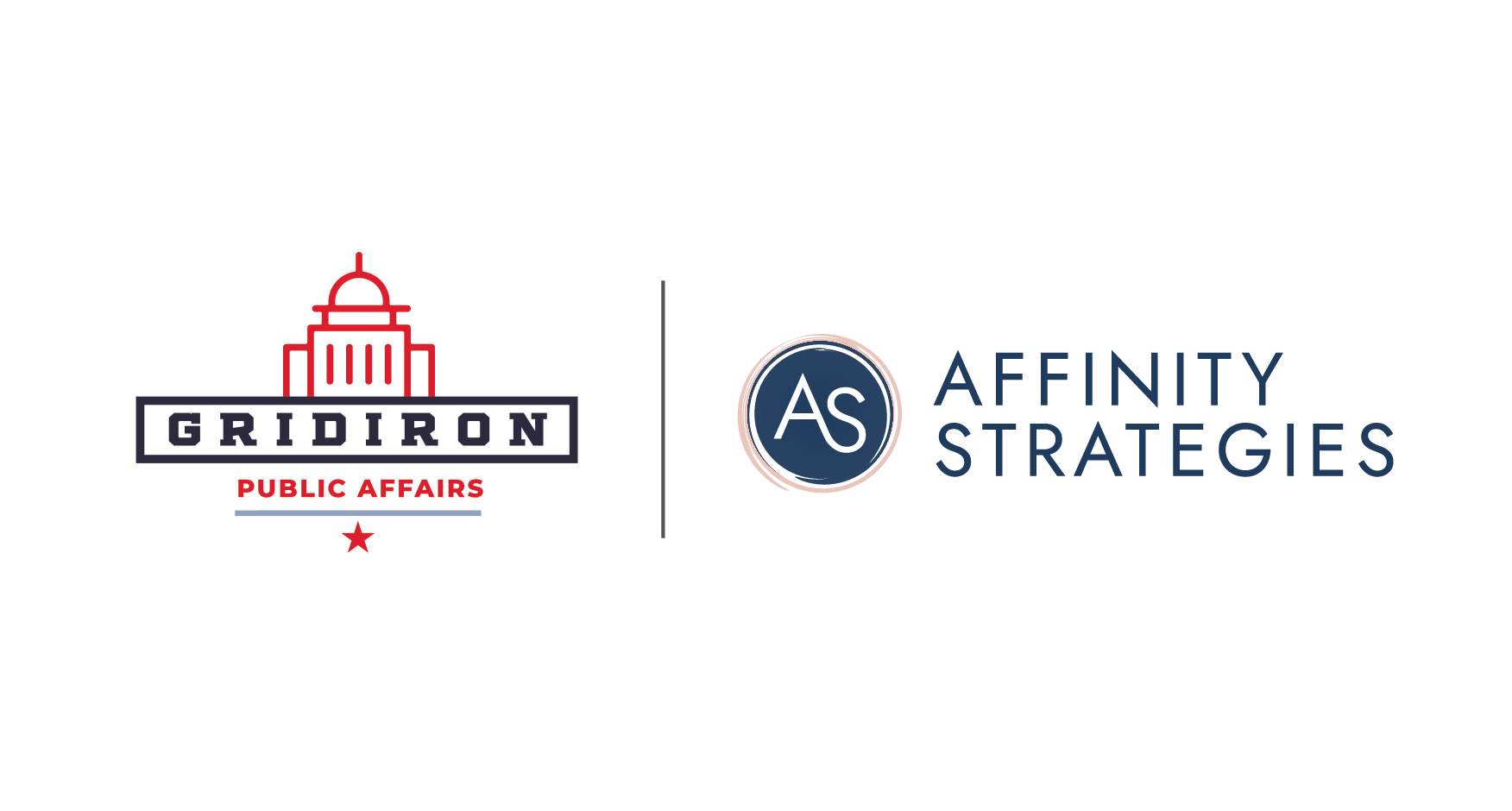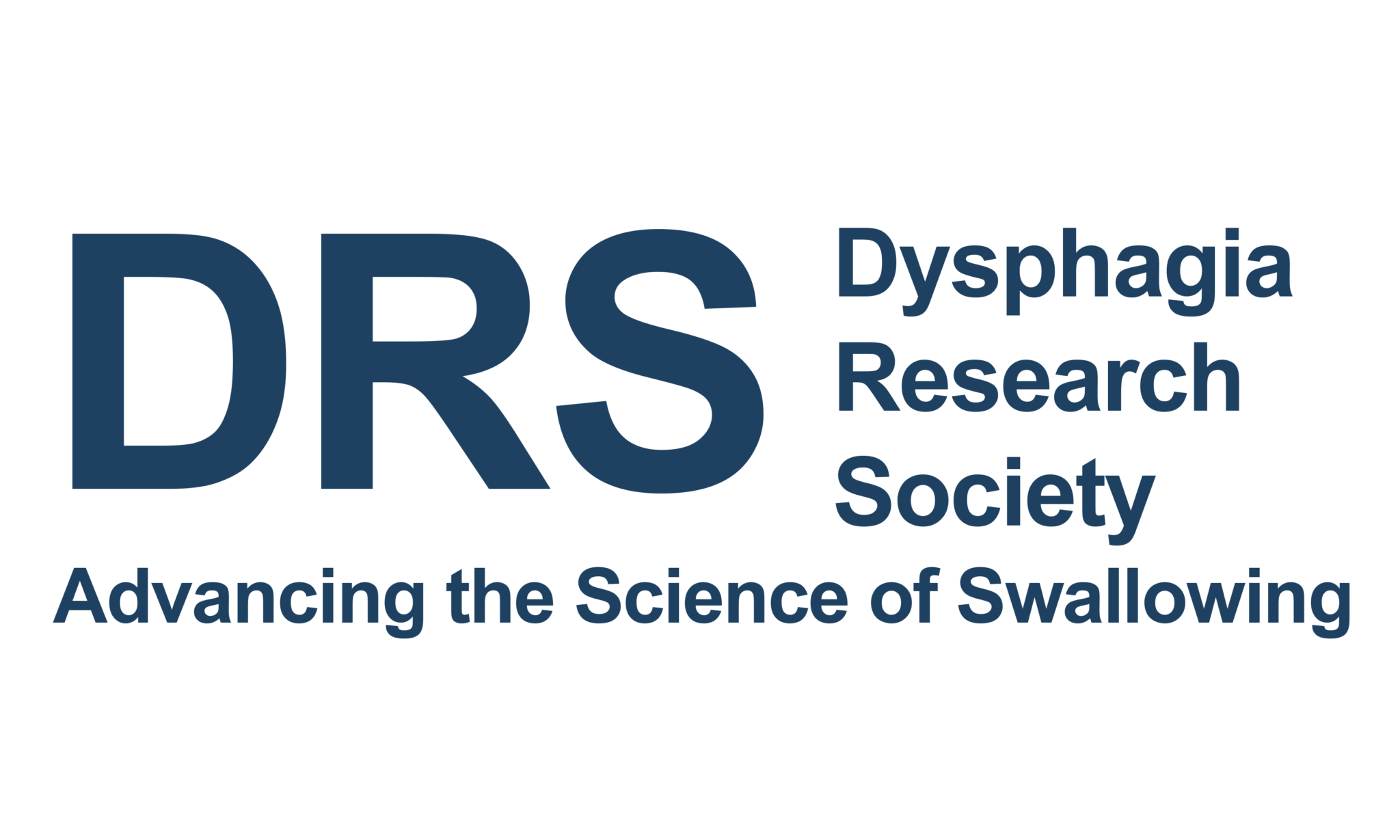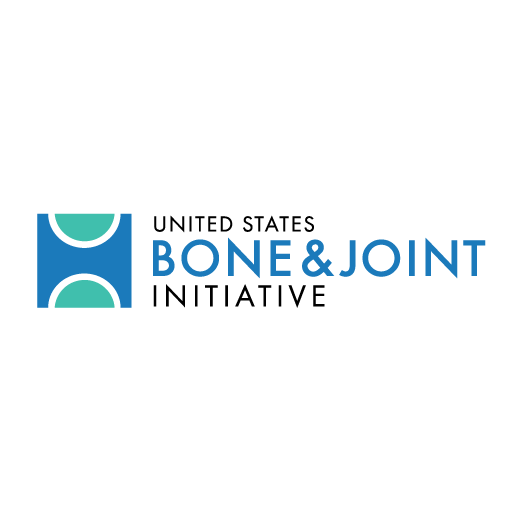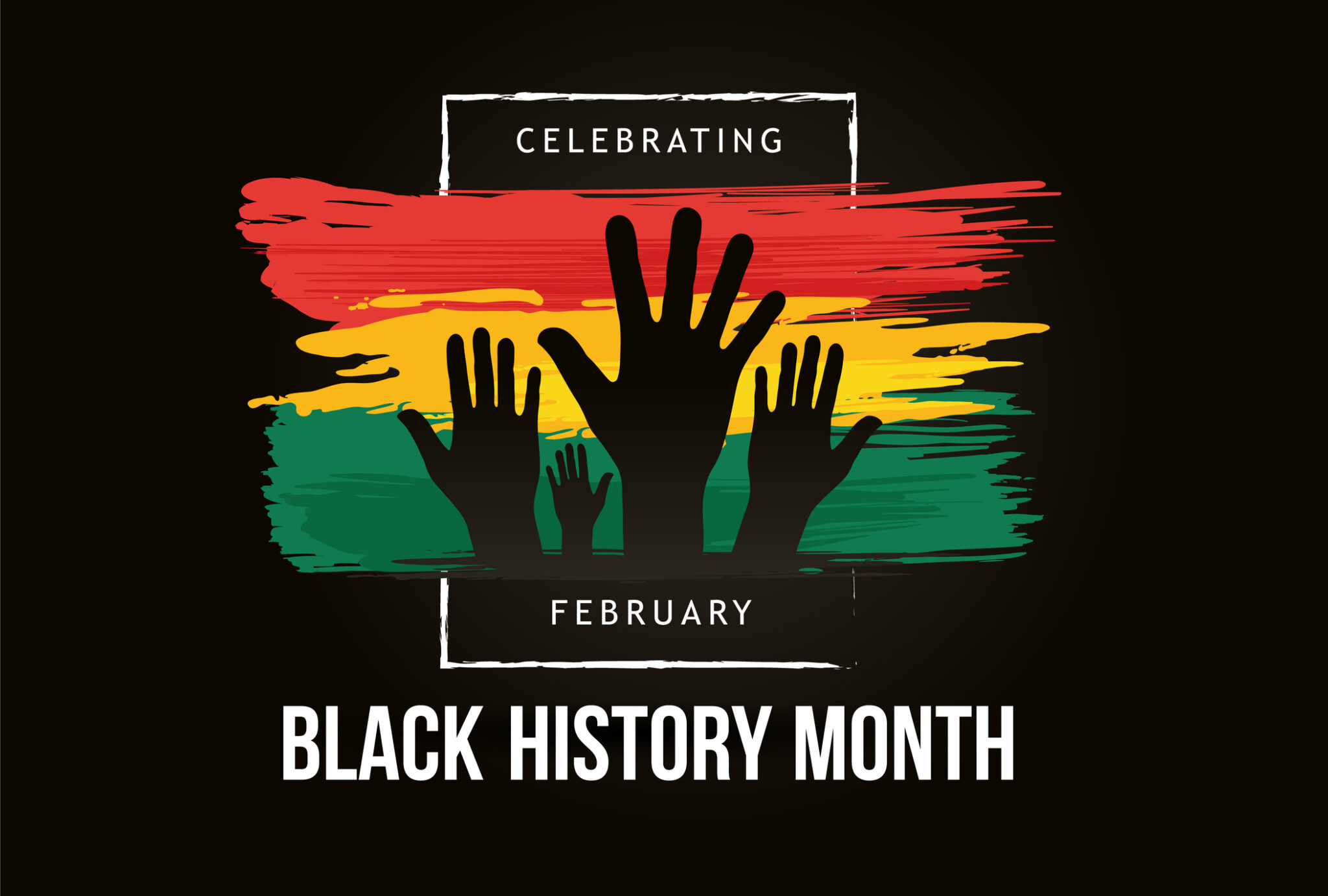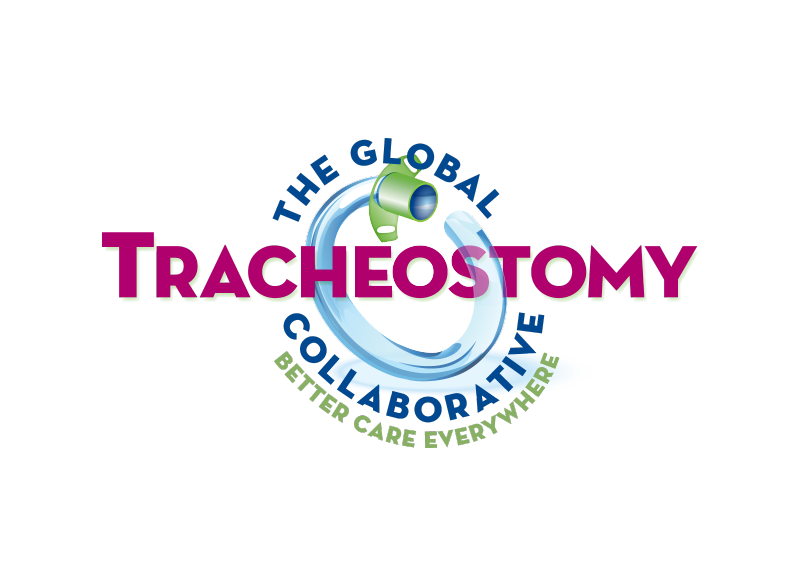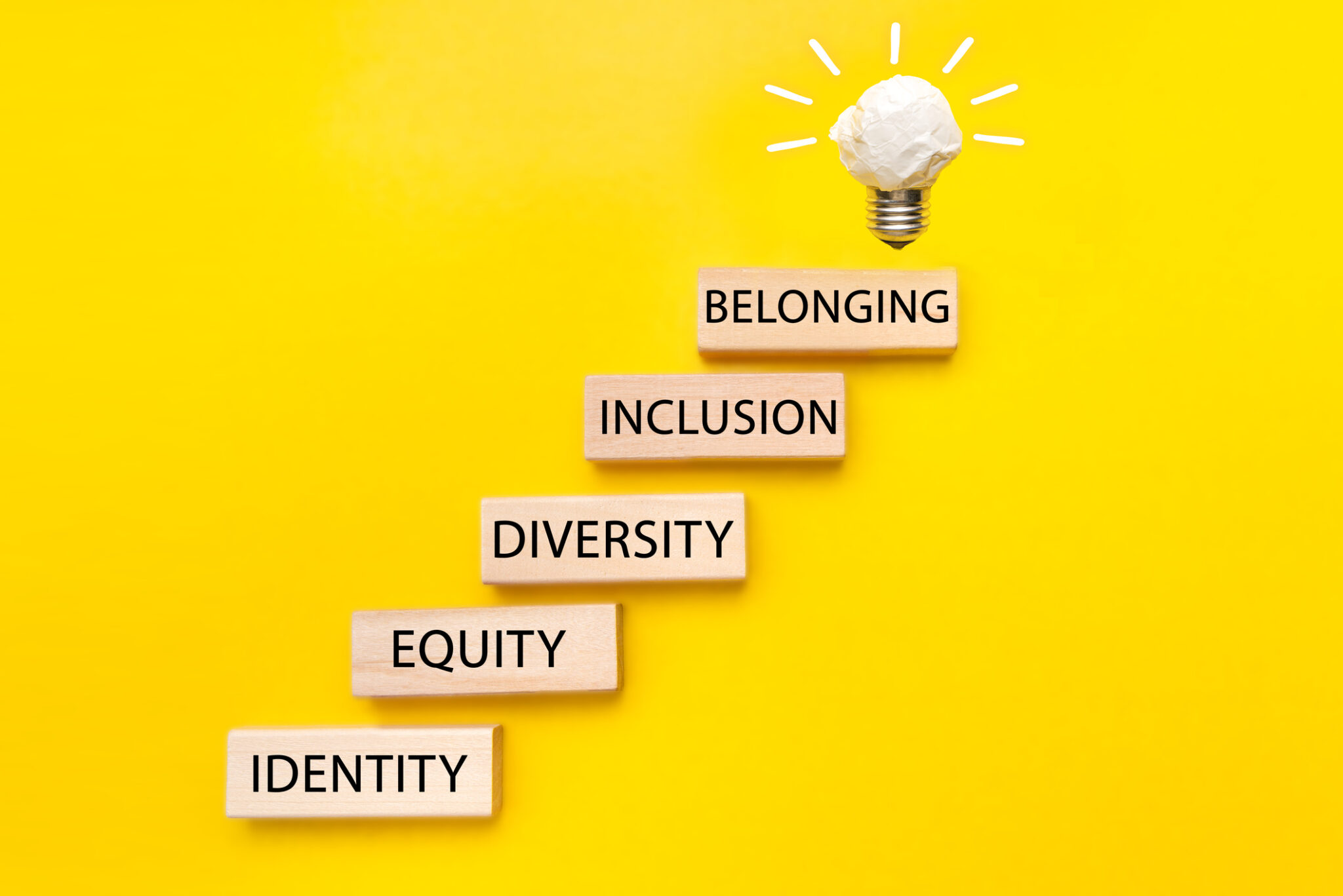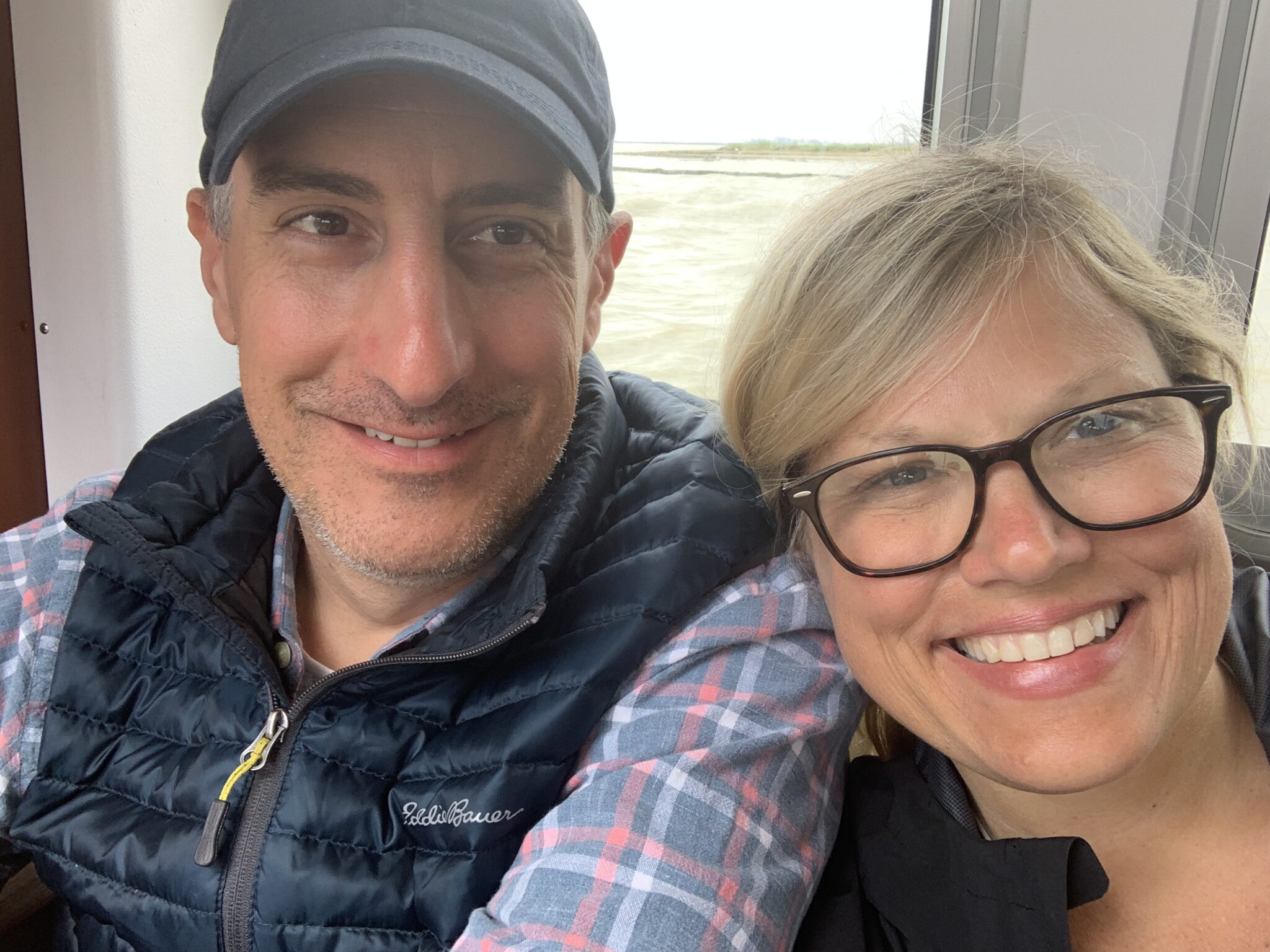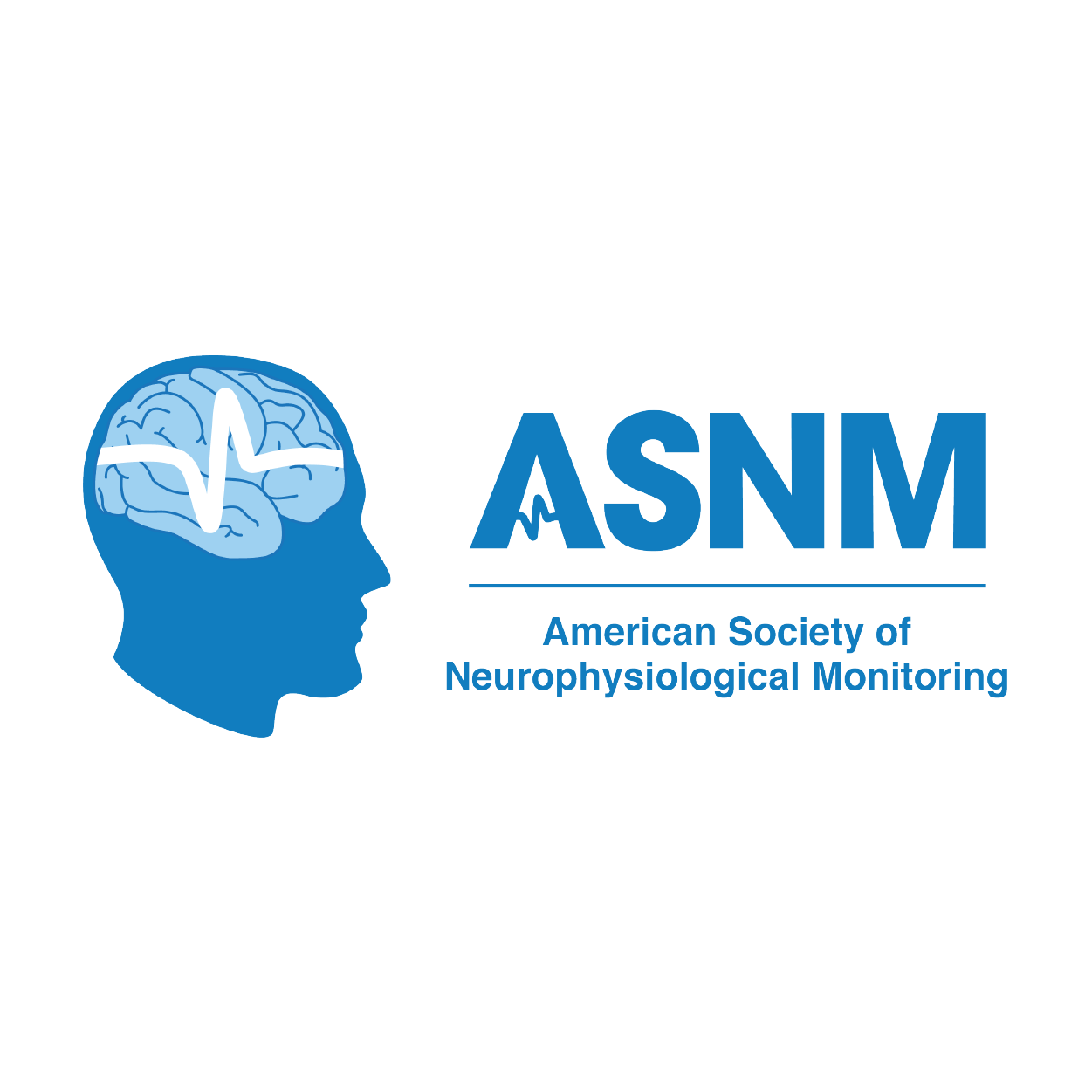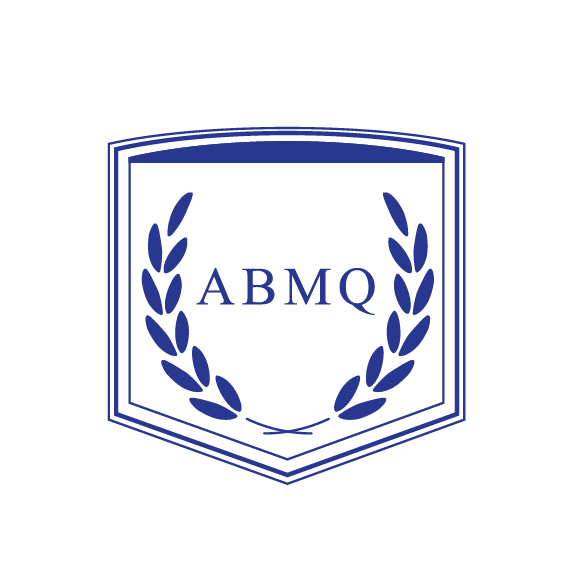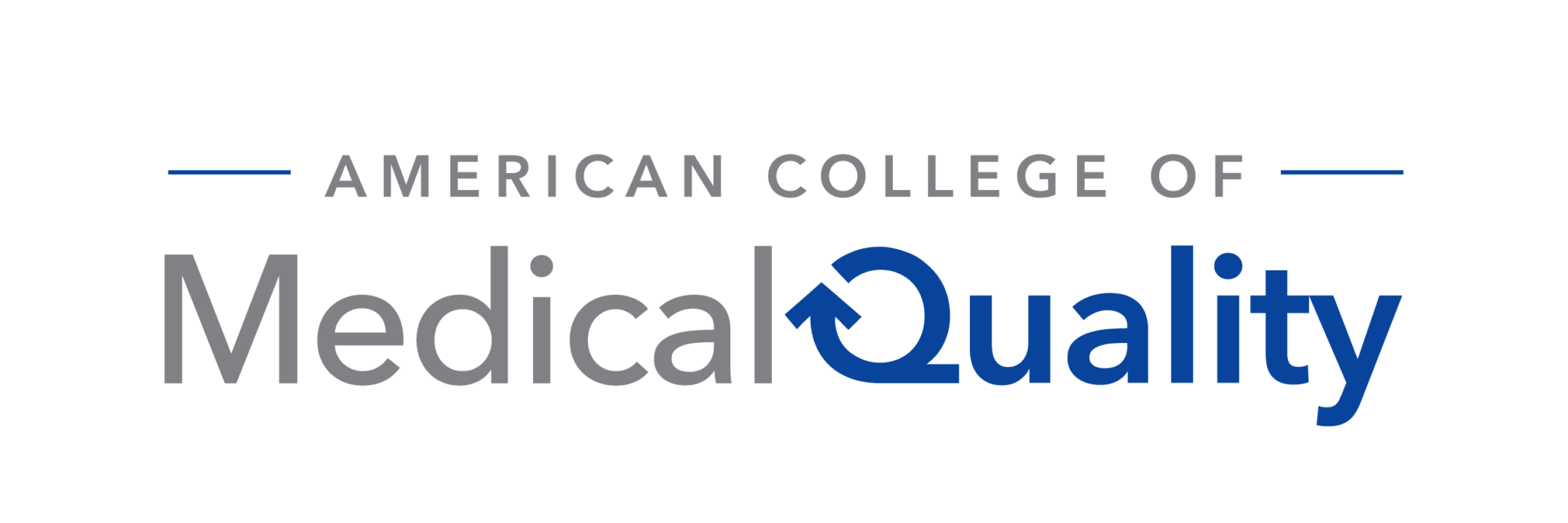

As leaders, it’s all too easy to underestimate the value and impact of recognition as a key tool for engagement, too easy to speed through recognition with a simple “good work” or “great job,” creating the minimal check off the list for recognizing work well done. Recognition is actually a human need in the workplace, a NEED not a nice to have bonus. All humans have workplace needs, the top needs being to feel seen/heard (recognition), valued, and safe.
For many, this need has gone more unmet than usual since the interruptions of COVID, going remote, and not having the same in-person cues that helped leaders remember to give recognition such as an all-team meeting to close out a project or passing someone in the hall. Recognition is more important than ever, and easier to do well in the virtual space than most may think. The key is knowing the language of recognition that matters the most to team members, translating recognition into that language, and making it a habit to give recognition.
Take a moment to think about a time when you felt deeply valued in your profession. Chances are that moment tapped into the language of recognition most important to you. It may have been a senior leader taking the time mentor you as they saw your potential, meeting a need for quality time as an element in recognition, or a thoughtfully hand-written note about your contributions on a project tapping into the value put on words of affirmation. There are five common languages of recognition, each person puts varied value on the five, most often having one or two of the languages that rise to the top as most impactful. These variations mean that the “one size fits all” approach to recognition is doomed to fail, alright maybe not fail, but miss the potential positive impact that can be achieved when we put even minimal effort into translating recognition into the forms that mean the most to an individual.
The five languages of recognition are:
Quality Time
Time as an investment in the other person, this could be mentoring, having lunch with them, being a sounding board to help work out a challenging project. The time spent together without major distractions is what matters, in work that is often the time spent to help someone develop in their skillsets.
Acts of Service
Actions that help alleviate their to-do list, think of it as an opportunity to take a responsibility off their plate temporarily. It could be offering to sit in on a meeting and take notes, so they are able to stay more focused on leading a discussion. One key to this language is asking, “What would be most useful to take off your plate?”
Words of Affirmation
Best when thoughtfully detailing what is most appreciated about the individual, words of affirmation can be spoken, written, shared 1-to-1, or in a group. The importance and comfort with the delivery varies a bit from person to person.
Gifts
A tangible form of recognition that helps the person connect and hold or experience the recognition. Gifts do not have to be big or extravagant to have vast impacts, they can be small like a lunch gift card or small like a gift card or coffee from their favorite coffee shop.
Physical Touch
In office (and within the respectful bounds of HR) this may have looked like high-fives, hugs, or pats on the back. It can also mean being fully present with that person, no looking to a ding on your phone or stepping away mid-conversation.
If you want to go deeper into languages of recognition: The 5 Love Languages of Appreciation in the Workplace by Dr. Gary Chapman and Dr. Paul White
Knowing and applying the languages that mattered most team members takes knowing their language, how do you do that? Ask. Ask them to describe a time when they felt truly valued and recognized for their contributions in a role, with your organization or at a previous one. Then listen carefully to how they describe the moment of recognition and what it meant to them. These descriptions will help outline what’s most important to them.
Once you know the language of recognition it’s time to tap into our virtual tools to leverage them, the fun part! Most remote teams are connecting on video platforms which provide us a way to be fully present with each other, think of your platform as a tool of recognition. Words of affirmation are easily delivered there, and so is quality time. Other tools for recognition in the virtual space are your smart phone for texts or a phone call, the act of picking up the phone and calling someone can signal time you’re willing to spend on them, a voice mail or voice message (sent via audio message, video, or app like Voxer) is a great way to deliver words of affirmation. Here are a few other ideas for each language of recognition on teams working remote:
Quality Time:
- Offer time to be a sounding board or mentor. Quality time means spending your focus and knowledge on a person.
- Invite them to an impromptu 15 mins coffee video call to catch-up and discuss anything but work.
- Invite them to do a virtual walk and talk, safely go for a walk at your own locations while on a phone call with each other to share ideas, current events, or just catch-up.
Acts of Service:
- Alleviate their workload! Temporarily, offer to take a task you know how to do well off their plate, so they have the space for something they want to focus on for a period of time.
- Ask how they would like to be supported, often we think we know what others need and forget to slow down and ask what would make the biggest difference for them.
- Be a meeting proxy. Offer to stand in on a meeting for a colleague if that would help free up time for them to attend to a conflicting priority. Be sure to ask for details, if required to share an update, and take copious notes to pass along afterwards.
Words of Affirmation:
- Hand write a note recognizing a specific talent of the team member that made the work better or a project more successful. Then pop it in the mail. Handwritten words + snail mail = big sense of recognition
- Record a short video thanking them for the work they are doing or telling them how their unique contributions made a positive difference.
- Lead with reasons, often it’s easy to say, “Great job!” or “Good work!” but forget the details of why it was so well done. Take the time to focus on the reasons the work was impactful and how their skills made it great.
Gifts:
- Consider small gift cards to their favorite coffee shop in their area (most gift cards can be bought online)
- Useful gifts mean that they will be seen and used frequently reminding the team member of your recognition. Consider items like nice new office supplies that can support a home office, such as a new wireless keyboard, earphones, or a laptop stand; or fun new mugs that bring joy to video chats.
Physical Touch:
- Virtual high fives. Yes, it really is that simple. Virtual high-fives might be holding your hands to the camera or using the hand icon on Zoom.
- Offer to hop on video calls to support them, accessibility is important to those who value physical touch, so making yourself available for a zoom call when they need help and turning your camera on for the call makes a big difference.
- Send an item that might provide contact for them, such as a cozy throw blanket/weighted blanket, or branded sweatshirt
Celebrations can also combine multiple languages of recognition in order to help meet the needs of the full team:
- Team lunch provided via food deliver gift cards, providing a tangible 3D experience at a distance is an impactful approach. This particular approach touches on most of the languages of recognition, especially if you include a thoughtful note with the gift card about what you appreciate about each team member.
- Send care packages ahead of a team celebration, then open and use them together on the team video call. Such as a coffee kit with coffee, mug, and shelf stable creamer or spice or game pieces to all play along in a game virtually such as dice for and game card for Yahtzee.
With virtual tools to connect at your disposal take a few moments, even block 15 mins a week on your calendar to plan your recognition of team members, volunteers, and peers. We all need a little meaningful recognition these days, and having a big impact is much easier to achieve when we lean into these important languages!
For more ideas of each language: https://www.remoteleaderproject.com/30-ideas-for-recognition
Christina Rowe, MSOL is the founder of The Collaborative and Co-Founder of The Remote Leader Project and is a highly respected expert in the fields of organization development, collaborative leadership, team communication and engagement. With a keen ability to swiftly identify the dynamics, strengths, and interactions of teams and leaders, Christina is a powerful resource for organizations looking to improve their team effectiveness by advancing their productivity, communication, and overall team communication.


